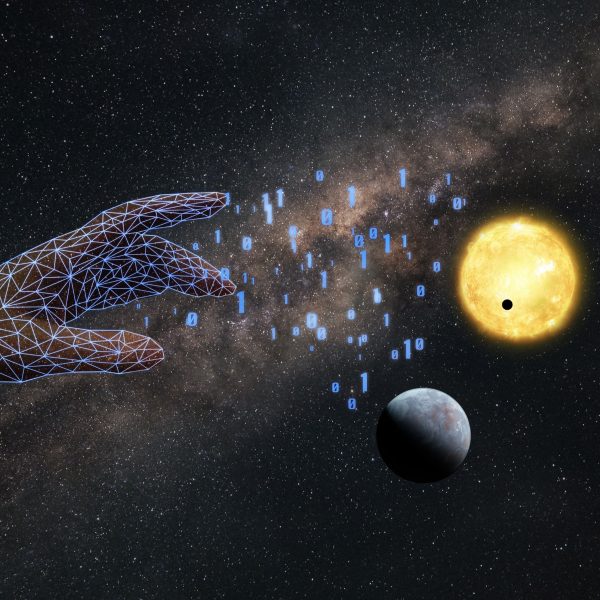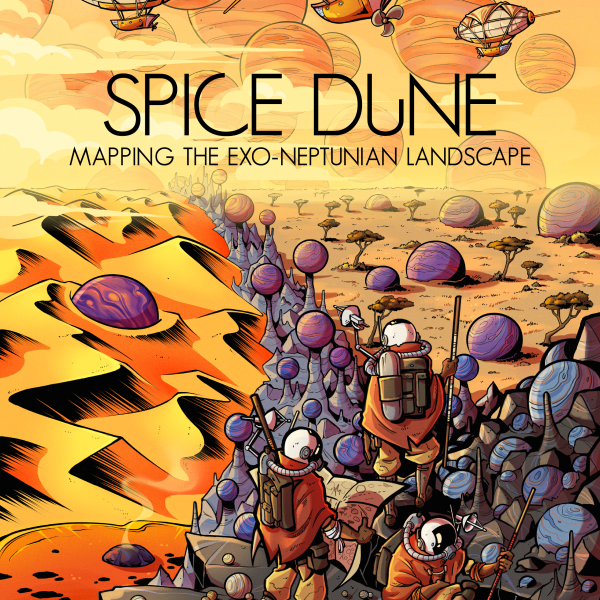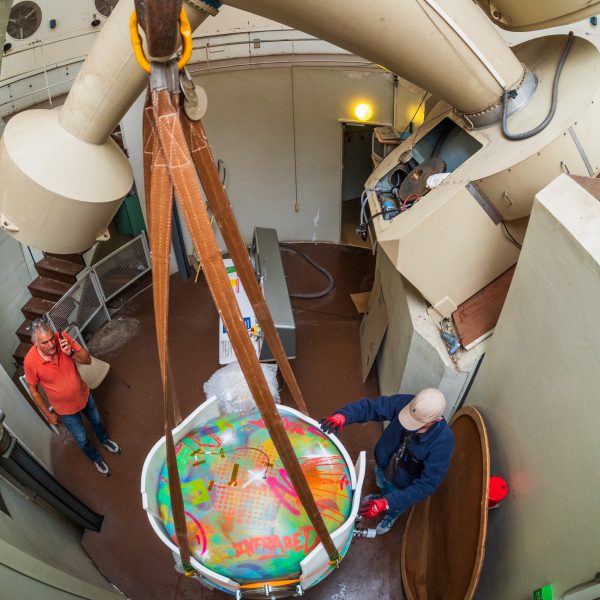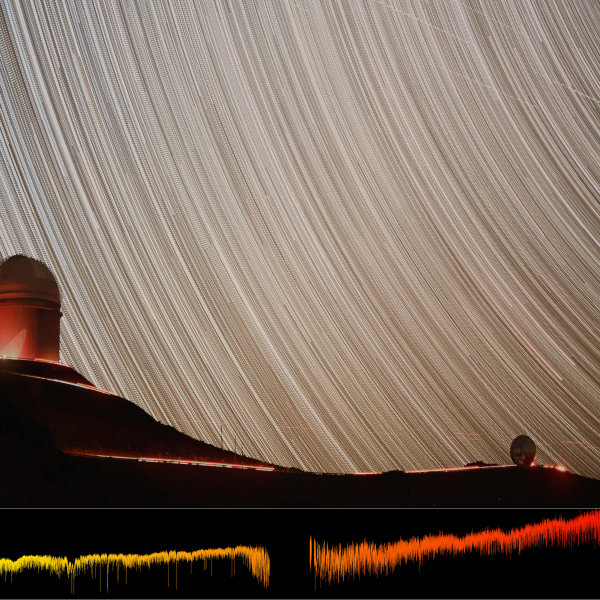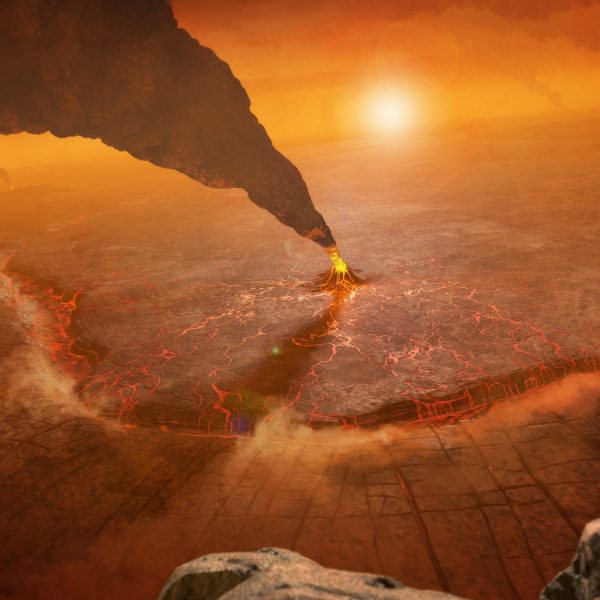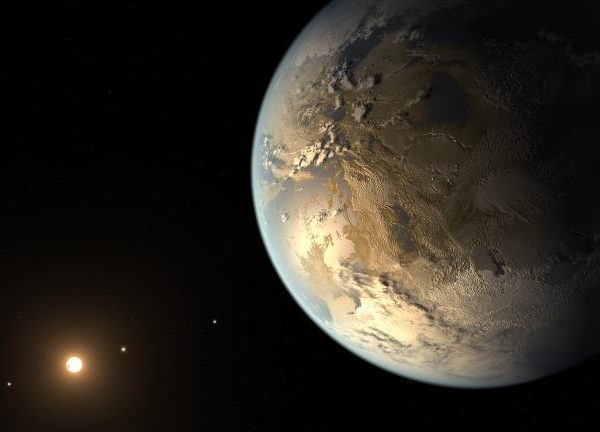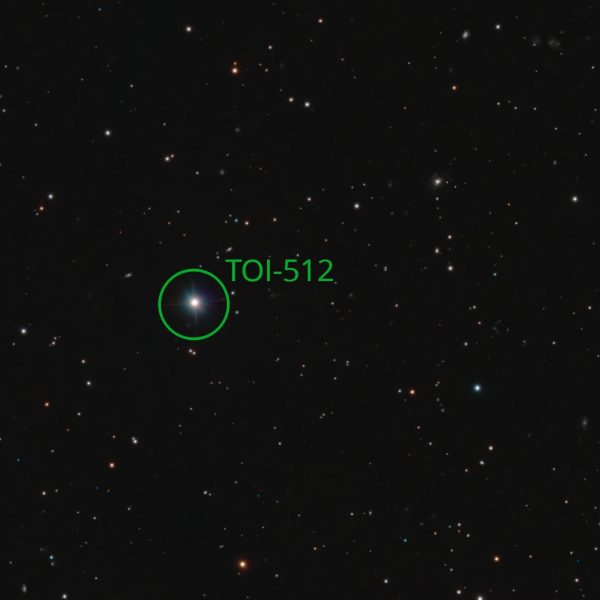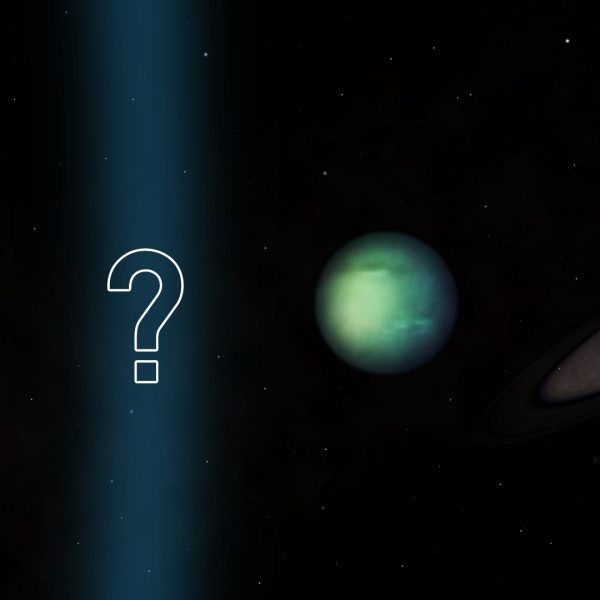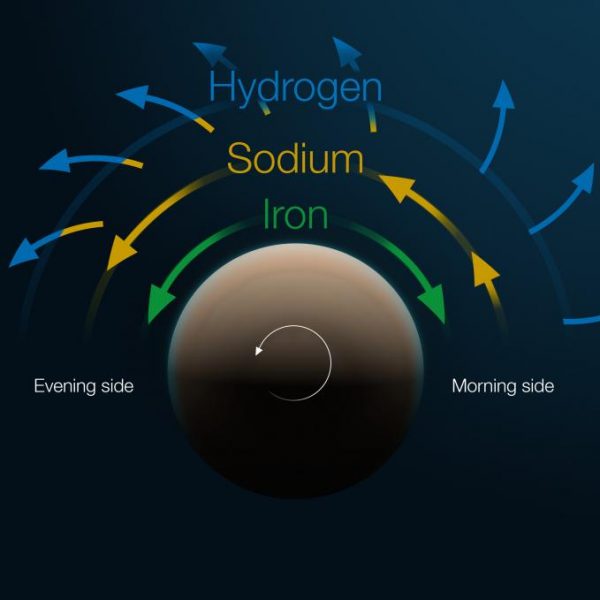News
Artificial intelligence drives the discovery of new exoplanets
Researchers from the University of Bern have developed an Artificial Intelligence (AI) model capable of predicting the architecture of planetary systems and subsequently inferring the presence of yet-to-be-discovered planets. They use the so-called Transformer architecture which is the basis of the Large Language Models powering tools like the recently launched Swiss model Apertus or chatbots […]
Continue ReadingThe ATREIDES program in search of lost exo-Neptunes
An international scientific team led by the University of Geneva (UNIGE), including members of the UNIGE Astronomy Department, the National Centre of Competence in Research PlanetS, the University of Warwick, and the Instituto de Astrofísica de Canarias, has launched an ambitious program to map exoplanets located around the Neptunian Desert in order to better understand […]
Continue ReadingNIGHT – A new instrument to detect Helium in exoplanet atmosphere
The NIGHT (Near-Infrared Gatherer of Helium Transits) project is an instrument constructed at the Department of astronomy of the University of Geneva by members of the NCCR PlanetS, that will be used to study the near-infrared atmosphere of exoplanets during their transit. Helium indeed absorbs a thin band of infrared colours, enabling astronomers to detect […]
Continue ReadingNIRPS, a new eye on the sky in Chile
An international team led by the Universities of Geneva (UNIGE) and Montreal has published the first results from the NIRPS spectrograph installed on the European Southern Observatory’s (ESO) 3.6-meter telescope in La Silla, Chile. This new instrument, which operates in the near infrared, offers exceptional performance in detecting and characterising exoplanets, particularly around red dwarfs. […]
Continue ReadingVenus more tectonically alive than we thought
Several tectonic processes are occurring beneath the surface of Venus, according to a new study led by researchers from the University of Bern’s Center for Space and Habitability (CSH) and NASA. They found that many of the numerous “coronae” scattered all over Venus’ globe are associated with gravity field perturbations, hinting at the sub-surface tectonic […]
Continue ReadingIn the search for life on exoplanets, finding nothing is something too
A team led by researchers at ETH Zurich’s Institute for Particle Physics and Astrophysics, and members from the NCCR PlanetS, studied what insights can be gained from a ‘no life detected’ scenario in future exoplanet surveys. What if humanity’s search for life on other planets returns no hits? A team of researchers led by NCCR […]
Continue ReadingObservational tango reveals a Super-Earth
An international team, including researchers from the University of Geneva (UNIGE) and the National Research Centre PlanetS, announces the discovery of a new super-Earth around a star slightly cooler than our Sun. Once again, the high-precision spectrograph ESPRESSO – designed and developed under the direction of the UNIGE – has made this discovery possible. The […]
Continue ReadingWhere to find the next Earth
A team from the University of Bern and the National Centre of Competence in Research (NCCR) PlanetS has developed a machine learning model that predicts potential planetary systems with Earth-like planets. The model could significantly accelerate and thus revolutionize the future search for habitable planets in the universe. The search for Earth-like exoplanets – planets […]
Continue ReadingFantasy Basel 2025 – Call for volunteers
Dear PlanetS members and associates, Once again, PlanetS will return to Fantasy Basel – the Swiss Comic-con – and we need you! This year marks the 30th anniversary of 51 Peg b discovery, so exoplanets will be our main focus! But rest assured that all of planetary sciences will be represented! The festival will be held […]
Continue ReadingThis exoplanet’s extreme climate defies all models
WASP-121b is one of the most studied exoplanets. Known for its extreme conditions—such as clouds of metal vapor—it belongs to the category of ultra-hot Jupiters. To explore its mysteries, an international team of astronomers, including researchers from the University of Geneva’s (UNIGE) Department of Astronomy and the PlanetS National Research Center, combined observations from the […]
Continue Reading
